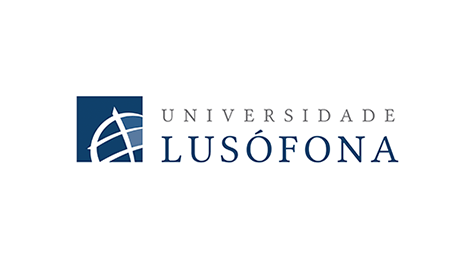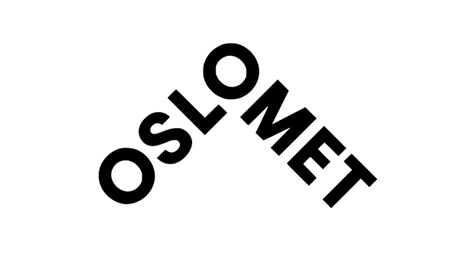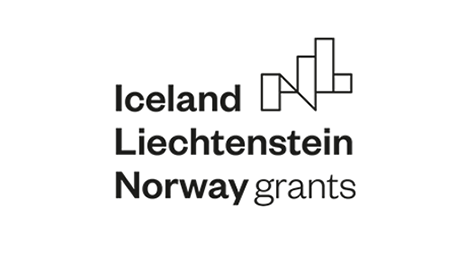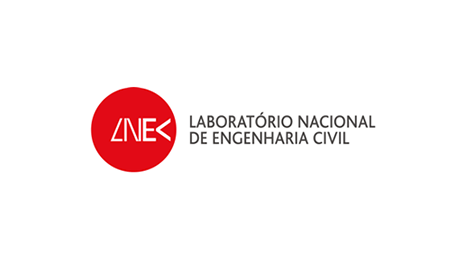The Project
Impact of climate change on the structural health of bridges
Our society relies on civil infrastructure for their economic and social life, where bridges play an important role in the mobility of people and goods. Bridges age naturally, but their structural deterioration can be accelerated by external phenomena. The structural health monitoring (SHM) technology has been used to support the authorities to find optimal life-cycle management strategies on a damage-identification basis and, ultimately, to avoid structural failures. Meanwhile, we are facing a climate change which may have multidimensional adverse impacts on the operational performance, longevity and safety of existing bridges, which are particularly vulnerable to climate stressors such as higher temperatures, increased evaporation, precipitation or flooding.
The research group at ULHT has been involved in SHM research for the last 15 years, using machine learning algorithms borrowed from the Artificial Intelligence field on data sets from monitoring systems and finite element models. However, the impact of climate change on the bridge condition has not been pursued by the Portuguese group. On the other hand, the research group at OsloMet has been actively pursuing a more active role on SHM to support the Norwegian authorities to avoid bridge failures on the advent of a new highway and railway construction boom. Meanwhile, the Norwegian group has already started to investigate climate adaptation measures in order to tackle the effects of climate change and its impacts on buildings and structures in the context of the HYPERION project. The project’s vision is to develop a comprehensive and holistic tool to assess the threats of climate change in tandem with other natural hazards to cultural heritage sites.
Therefore, in collaboration with Infraestruturas de Portugal and the Laboratório Nacional de Engenharia Civil, the objectives of this project are:
- To develop a systematic framework for the probabilistic assessment of the impact of climate change on the structural health of existing bridges, by coupling climate risk evaluation and health monitoring techniques. Basically, we intend to integrate existing procedures for the assessment of climate threats into the SHM procedures of bridges leading to a probabilistic SHM framework. This is a unique study in the scientific community;
- To present the latest technological updates on the SHM of bridges and special structures (like offshore structures and tunnels) to the scientific community and technical staff of consultancy companies and public entities;
- To promote technological advances and business initiatives around the life-cycle management of bridges, in both countries.
The Team
- Elói Figueiredo
- (ULHT, Portuguese Coordinator)
- Emrah Erduran
- (OsloMet, Norwegian Coordinator)
- Carlos Antunes
- (Faculdade de Ciências, Universidade de Lisboa)
- Dimitrios Kraniotis
- (OsloMet)
- Guilherme Coelho
- (ULHT)
- Hugo Rebelo
- (ULHT)
- Ionut Moldovan
- (ULHT)
- Luís Carlos Silva
- (ULHT)
- Luís Oliveira Santos
- (LNEC)
- Sérgio Pereira
- (Infraestruturas de Portugal)
- Guilherme Teles Ribeiro
- (Infraestruturas de Portugal)
Planned Activities
VIRTUAL KICK-OFF MEETING
To introduce the teams and to discuss the project organization and management process (Mar/21).
WORKSHOPS
To produce a comprehensive study on the coupling of non-climate with climate-related loads in bridges, with particular focus on the threats of climate change in tandem with other natural hazards. A 2-day workshop will be organized in Oslo (Apr/21) and a 3-day workshop in Lisbon (Oct/21). The task force will be composed of researchers from both institutions and a small group of invited professionals in both countries.
JOINT COURSE ON SHM
Emrah Erduran is the coordinator of a 10 ECTS SHM course at OsloMet. The course is tailored for practicing engineers and will be conducted in two sessions of three full days: one in April and another in May 2021. We will reorganize the syllabus of the first period in order for the ULHT team to contribute in 8-12 hours.
LONG-TIME MONITORING OF AN EXISTING RAILWAY BRIDGE
The research group at OsloMet is currently collaborating with Norwegian Railway Authority through the research project NEAR: Next-generation finite element calibration methods for railway bridges. The OsloMet group is preparing the installation of a SHM system on Stange Overpass, which connects Oslo and Trondheim. Taking advantage of the experience of the Portuguese group, the main goals are: (i) calibration of a finite element model and (ii) development and application of a machine learning-based strategy for long-term damage detection.
SCIENTIFIC MEETINGS
To write and discuss national and European research proposals and articles for international journals and conferences (Mar/22 and Oct/22).
FINAL CONFERENCE
One-day conference (Feb/23) to bring together experts, policy makers and the general public to discuss the main conclusions of the bilateral initiative in terms of the effects of climate change and adaptation measures to protect the health condition of bridges.




